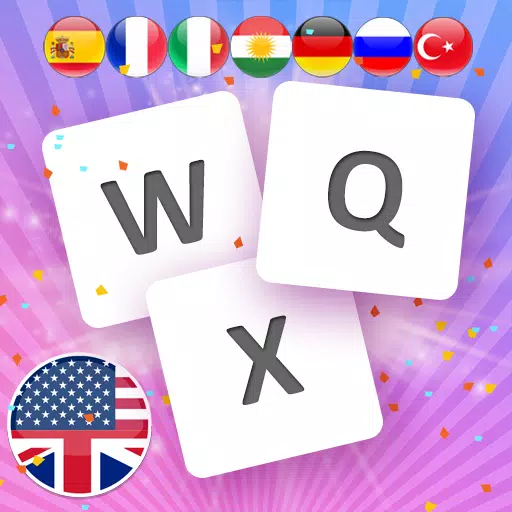The Entertainment Software Association (ESA) urges the Trump administration to collaborate with the private sector to mitigate the potential negative effects of President Trump's import tariffs on the video game industry.
In a statement to IGN, the ESA emphasized the need for dialogue with the private sector "to find ways to sustain the economic growth supported by our sector." The association highlighted the widespread popularity of video games and warned that tariffs on gaming devices and related products could harm millions of Americans and negatively impact the industry's significant contribution to the U.S. economy. They expressed their willingness to work with the administration and Congress to achieve positive outcomes.
The ESA represents major players in the video game industry, including Microsoft, Nintendo, Sony Interactive Entertainment, Square Enix, Ubisoft, Epic Games, and Electronic Arts.

President Trump recently signed an order imposing tariffs on Canada, China, and Mexico, prompting retaliatory measures from Canada and Mexico, and a WTO lawsuit from China. While initially scheduled to take effect immediately, the tariffs on Mexico were temporarily suspended for a month following a discussion between President Trump and Mexico's president.
Although the tariffs currently target Canada, China, and Mexico, President Trump has indicated that tariffs on the European Union are also likely. He expressed particular concern about the UK and the EU's trade practices.
Industry analysts are assessing the potential impact of these tariffs. David Gibson, senior analyst at MST Financial, tweeted that while the China tariffs might not significantly affect the Nintendo Switch 2 in the U.S., tariffs on Vietnamese imports could alter this. He also noted that Sony might need to increase non-China production to offset potential issues.
Joost van Dreunen, author of the Super Joost newsletter, in a recent IGN interview, discussed the potential impact of tariffs on the price and consumer reception of Nintendo's new console, suggesting that the broader economic climate, including tariffs, could significantly affect sales.






























